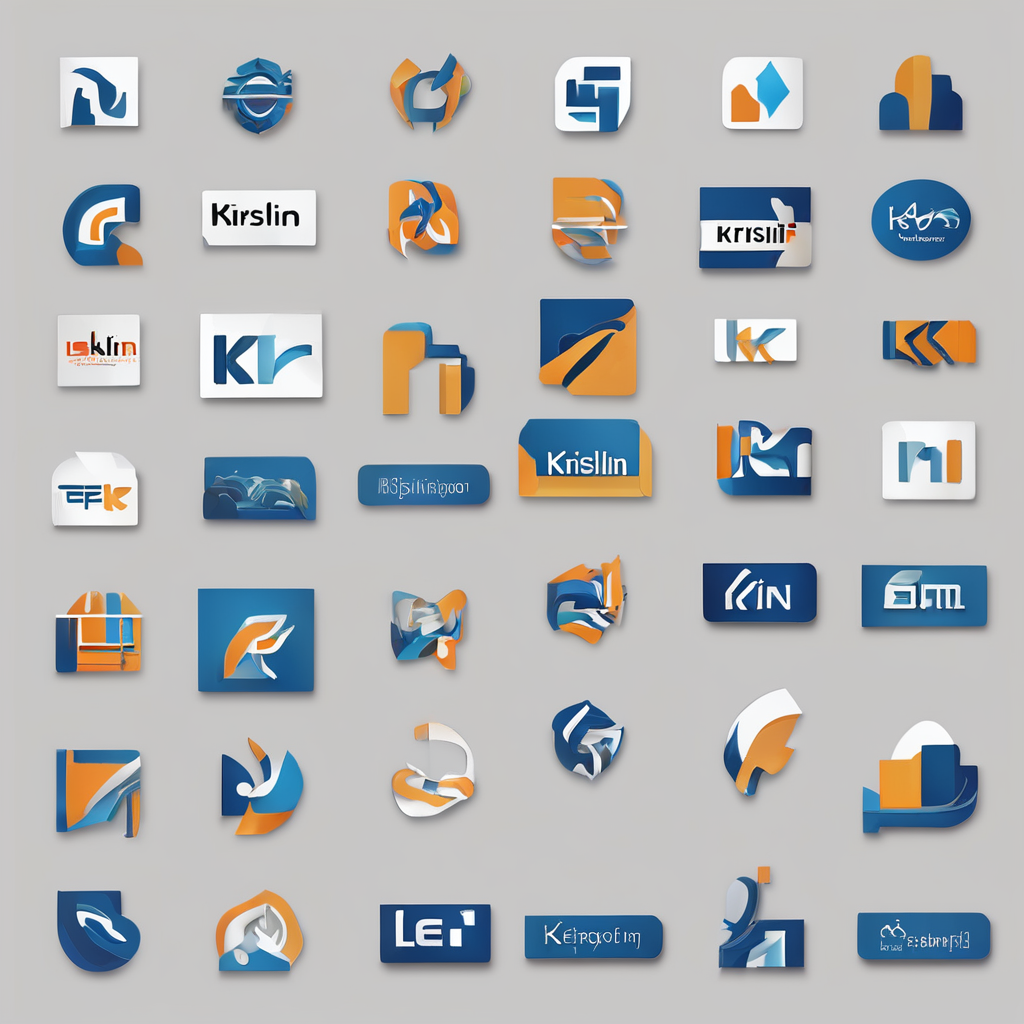Core agile management practices adopted by UK companies
In the UK, agile management increasingly focuses on incorporating key agile frameworks like Scrum, Kanban, and Lean. Scrum is popular for its emphasis on time-boxed sprints, daily stand-ups, and roles such as Product Owner and Scrum Master. This helps teams maintain focus and improve delivery predictability. Kanban offers visual workflow management and limits work in progress, which enhances flow and reduces bottlenecks. Lean prioritizes eliminating waste and optimizing value, making it especially suited to process-heavy industries.
UK businesses typically blend these frameworks to suit their unique contexts, often tailoring ceremonies and artifacts for better alignment with company culture and objectives. Essential principles such as iterative delivery, continuous feedback, and empowered teams underpin their agile methodology. This ensures faster adaptation to change, encourages collaboration, and sustains customer-centric development cycles.
Have you seen this : What are effective risk management techniques for UK businesses?
In practice, these core practices don’t just improve efficiency—they also foster transparency and accountability. UK companies adopting agile management often report better project clarity and quicker decision-making, which are vital in fast-paced markets. This mix of structured frameworks and flexible principles enables UK firms to innovate without sacrificing control over their workflows.
Core agile management practices adopted by UK companies
Agile management in UK businesses primarily revolves around core practices embedded in leading agile frameworks like Scrum, Kanban, and Lean. Scrum’s components—time-boxed sprints, defined roles such as Product Owner and Scrum Master, plus rituals like daily stand-ups—ensure continuous progress and stakeholder engagement. Kanban complements this by visualizing workflow and enforcing work-in-progress limits, which optimizes task flow and highlights bottlenecks early. Lean further adds value by focusing on waste elimination and streamlining processes, a crucial element in industries burdened by heavy procedural demands.
Also read : Creative ways to master instagram dms: ideas, templates, and proven strategies
UK companies typically implement these frameworks not as rigid rules but as adaptive models, customizing ceremonies and deliverables to mesh with organizational culture and strategic goals. This blend fosters agile methodology that thrives on iterative delivery cycles paired with continuous feedback loops. Such integration boosts responsiveness and drives empowered teams that collaborate transparently.
Essential principles underpinning the agile management approach include prioritizing customer-centric development, embracing change over rigid plans, and promoting autonomy within teams. This holistic approach enables UK businesses to maintain control while embracing flexibility and innovation in project delivery.
Core agile management practices adopted by UK companies
UK businesses utilise agile management by integrating core practices from popular agile frameworks like Scrum, Kanban, and Lean. Scrum structures work into fixed-length sprints, assigns clear roles such as Product Owner and Scrum Master, and encourages rituals including daily stand-ups to enhance focus and transparency. Kanban emphasises visualising workflow and limiting work-in-progress to improve task flow and identify blockers promptly. Lean targets waste reduction and process optimisation, which is vital in resource-intensive sectors.
Implementation in UK companies is adaptive rather than prescriptive. Many tailor ceremonies and artifacts to align with their organisational culture and strategic aims. This customisation fosters agile methodology grounded in iterative delivery and continuous feedback. Furthermore, these core practices support empowered, cross-functional teams that operate transparently and collaboratively.
Key principles reinforcing this approach include prioritising customer value, embracing change instead of rigid plans, and supporting team autonomy. These pillars help UK businesses maintain control while remaining flexible and innovative throughout project lifecycles. Consequently, agile management here aligns operational agility with strategic responsiveness, enabling efficient, customer-centric delivery.
Core agile management practices adopted by UK companies
UK businesses implement agile management through adapting core practices from leading agile frameworks like Scrum, Kanban, and Lean. Scrum involves fixed-length sprints, distinct roles such as Product Owner and Scrum Master, and routine ceremonies like daily stand-ups to ensure continuous progress and visibility. Kanban focuses on visualising workflows and limiting work-in-progress to improve efficiency and reveal bottlenecks promptly. Lean drives elimination of waste and optimises processes, a critical approach for sectors with complex operational demands.
Typically, UK companies do not adopt agile frameworks rigidly. Instead, they customise ceremonies, roles, and artifacts to fit their organisational culture and strategic goals, creating bespoke agile methodology. This flexibility helps them maintain agility while upholding control.
Core principles underpinning these practices include iterative delivery, continuous feedback, customer-centricity, and empowering autonomous teams. By embracing these, UK businesses build agile management systems that encourage collaboration, transparency, and rapid adaptation. This holistic approach supports sustainable project delivery and aligns agile frameworks with real-world operational needs in diverse UK markets.
Core agile management practices adopted by UK companies
UK businesses widely adopt agile management by integrating core practices from leading agile frameworks such as Scrum, Kanban, and Lean. Scrum’s core components include fixed-length sprints, defined roles like Product Owner and Scrum Master, and regular rituals such as daily stand-ups, enabling consistent progress and transparency. Kanban contributes by visualising workflow and limiting work in progress to improve task efficiency and highlight bottlenecks swiftly. Lean focuses on waste elimination and process optimisation, which is critical in complex industries.
UK companies tend to customise these agile frameworks to their unique environments rather than rigidly enforcing them. This means adapting ceremonies, roles, and deliverables to align with organisational culture and strategic objectives while keeping the essence of agile methodology intact.
The essential principles that underpin this agile management approach involve iterative delivery cycles, continuous feedback loops, customer-centric focus, and empowering autonomous, cross-functional teams. Emphasising collaboration, transparency, and flexibility helps UK businesses respond rapidly to change without losing control of project direction or quality.
Core agile management practices adopted by UK companies
UK businesses adopt agile management by leveraging core practices from prominent agile frameworks like Scrum, Kanban, and Lean, each offering distinct benefits. Scrum breaks work into fixed-length sprints and assigns clear roles such as Product Owner and Scrum Master. This structure promotes progress visibility and stakeholder engagement. Kanban emphasises visualising workflows and limits work-in-progress, improving efficiency and swiftly revealing bottlenecks. Lean focuses on eliminating waste and optimising processes, crucial for resource-intensive sectors.
UK companies rarely apply these frameworks rigidly. Instead, they customise ceremonies, roles, and artifacts to fit their agile methodology according to unique organisational cultures and goals. This adaptability enhances relevance and effectiveness while preserving the core agile mindset.
Essential agile management principles underline this approach. Prioritising iterative delivery and continuous feedback ensures steady progress and responsiveness to change. Empowering autonomous, cross-functional teams fosters collaboration and accountability. A persistent customer-centric focus helps align development with market needs, supporting rapid adaptation without sacrificing quality. This blend of core practices and guiding principles equips UK businesses to navigate complexity while driving efficient, flexible project execution.

